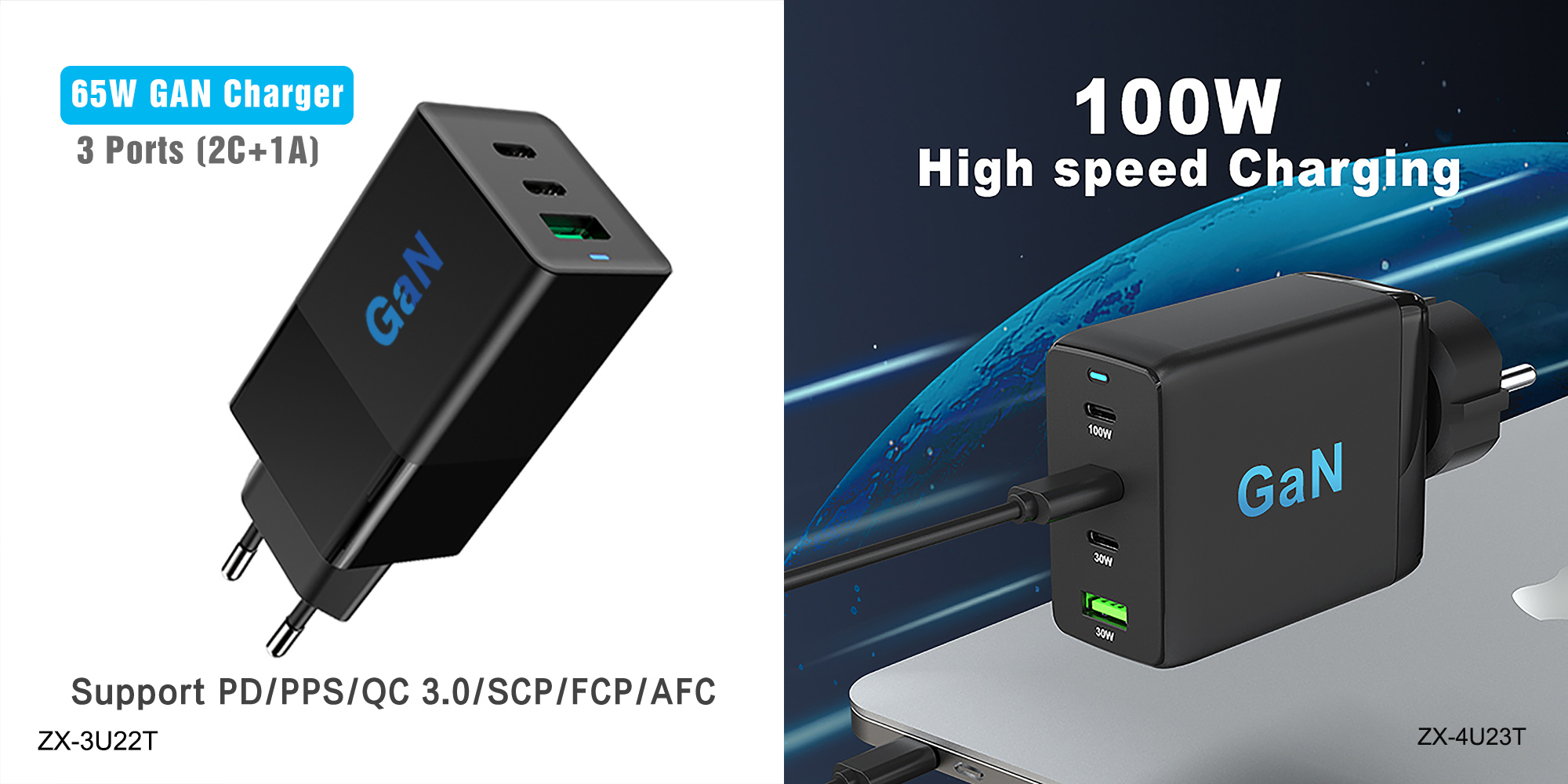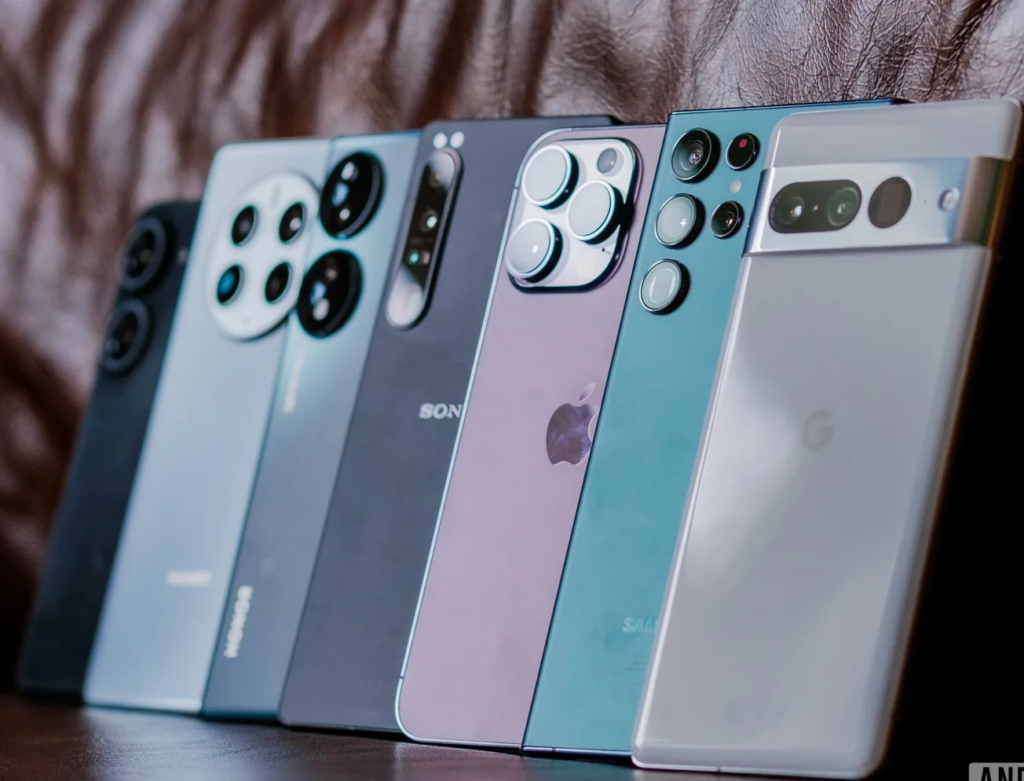65W Charger VS 100W Charger: All You Need To Know

Definition of charger power
First, we need to understand the basic concept of charger power. The power of a charger is usually measured in "watts" (W). The higher the wattage, the faster the charging speed in theory. However, charging speed is not only related to power, but also closely related to factors such as the charging circuit of the device and the capacity of the built-in battery.
65W charger: Suitable for most mobile phones, tablets, and some thin and light laptops, it can charge these devices quickly. For most users, this power is enough to meet daily needs.
100W chargers are designed for high-performance devices, especially for gaming notebooks, workstations, and high-performance tablets. This charger has significant advantages in charging speed, especially for scenarios that require fast charging.

Comparison of Charging Speed
In actual use, we can observe the difference in charging speed between 65W and 100W chargers. For example, when charging a laptop that supports 65W charging, using a 100W charger can increase the charging speed. But for some devices that require higher power, the advantages of 100W chargers will be more prominent.
For example, charging a laptop with a battery capacity of 50Wh from 0 to 100% takes about 1.5 hours using a 65W charger, while using a 100W charger may shorten it to about 1 hour. This is undoubtedly a great advantage for users who need to use the device urgently.

Practical Considerations
Portability: 65W chargers are generally smaller and more portable. Ideal for travel.
Heat Generation: Higher wattage chargers like 100W may generate more heat, but modern designs often include effective heat dissipation mechanisms2.
Cost: 100W chargers are typically more expensive due to their higher power output and advanced features.
The criticality of charging protocols.
Chargers also involve multiple charging protocols, such as USB Power Delivery (PD). When using a 100W charger, we need to confirm whether the charging protocol matches the device. The protocol can intelligently adjust the power to ensure that the device is charged under optimal conditions, thereby improving the safety and efficiency of charging.
Conclusion:Device compatibility and applicable scenarios.
When choosing a charger, you also need to consider the compatibility with the device. Although a 100W charger can charge a 65W device, not all 65W chargers can effectively support 100W devices.
Choosing between a 65W and 100W charger depends on your specific needs. For most daily uses, a 65W charger is sufficient. However, if you have high-power devices or need faster charging, a 100W charger is the better choice.
Do you have any specific devices in mind that you need help with?

Read More

Read More
Chargers also involve multiple charging protocols, such as USB Power Delivery (PD). When using a 100W charger, we need to confirm whether the charging protocol matches the device. The protocol can intelligently adjust the power to ensure that the device is charged under optimal conditions, thereby improving the safety and efficiency of charging.
Conclusion:Device compatibility and applicable scenarios.
When choosing a charger, you also need to consider the compatibility with the device. Although a 100W charger can charge a 65W device, not all 65W chargers can effectively support 100W devices.
Choosing between a 65W and 100W charger depends on your specific needs. For most daily uses, a 65W charger is sufficient. However, if you have high-power devices or need faster charging, a 100W charger is the better choice.
Do you have any specific devices in mind that you need help with?

Read More

Read More